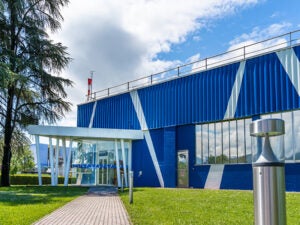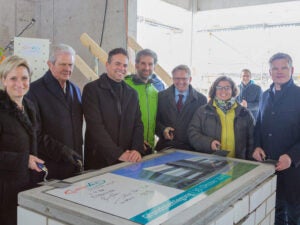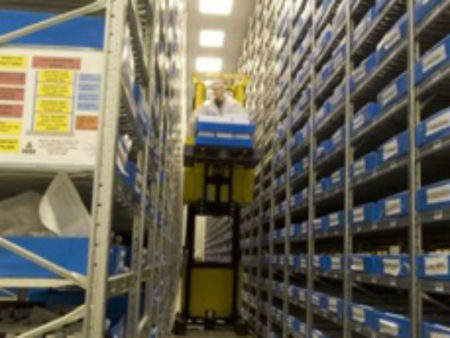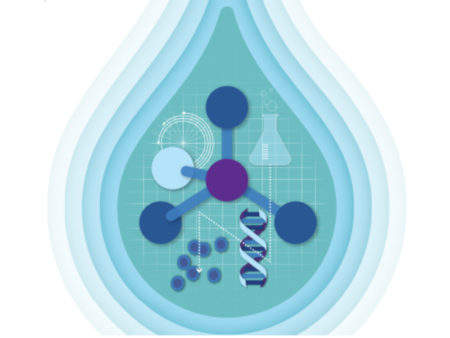Catalent and Rutgers University Pharmacy Practice Department to Address Paediatric Drug Delivery Challenges
The Catalent Applied Drug Delivery Institute has announced it has entered a collaboration with the Department of Pharmacy Practice at Rutgers University to identify and address the specific challenges of paediatric formulation and drug delivery.
This collaboration will allow for research into the development and administration of medicines to children, including the prevalence of extemporaneous compounding of drug products for ease of administration to paediatric patients and any safety and efficacy consequences.
The goal of the collaboration is to identify therapies and diseases where there is a high need for paediatric-friendly formulations. It will also build awareness and advocate for targeted translational research to address the specific needs of this underserved patient group.
Clinical Associate Professor in the Pharmacy Practice Department at the Ernest Mario School of Pharmacy of Rutgers University Dr. Rachel Meyers comments: "Clinical experience has shown us that current paediatric drug formulations are often difficult to administer to children and increase the likelihood for a medication error when compared with adult formulations. There is a clear need for research in this area, to further elucidate the gaps in drug delivery for young children, and in order to improve therapeutic outcomes and the patient experience."
Dean and Professor II at the Ernest Mario School of Pharmacy Dr. Joseph Barone said: "This continues to expand the academically productive relationship that exists between Catalent and the Ernest Mario School of Pharmacy."
Founder of the Catalent Applied Drug Delivery Institute and Catalent’s VP Strategy Dr. Cornell Stamoran said: "Through this exciting partnership, we will examine and highlight the unmet scientific, clinical, and patient needs, and look to develop a suitable paediatric-specific drug formulation toolkit to address them.
"Most initiatives focus on individual new drugs or disease areas, we’re collaborating to identify a broad platform, founded on rigorous stakeholder insights, to establish a foundation for future paediatric drug development."
Established in 2012, the Catalent Applied Drug Delivery Institute seeks to accelerate the use of advanced formulations, dose forms, and devices to enable improved treatments for patients. In June 2014, the Institute created the non-invasive macromolecule delivery consortium as a number of working groups looking at alternative delivery routes to injection for biologics and other large molecule therapeutics.







